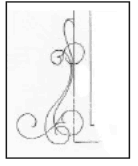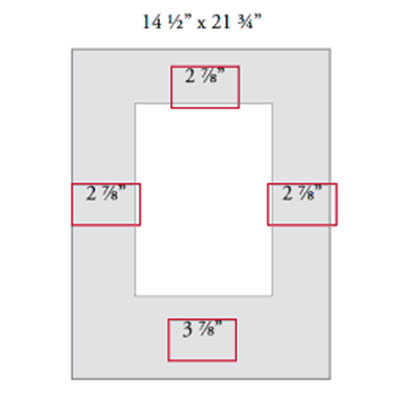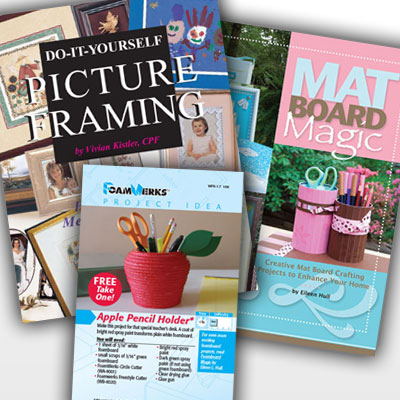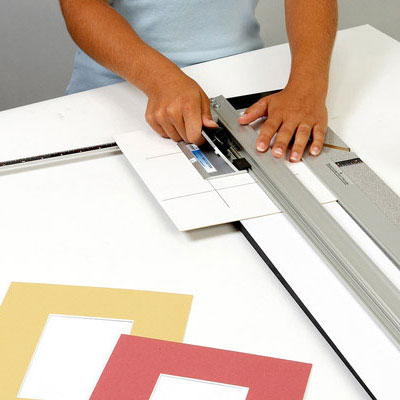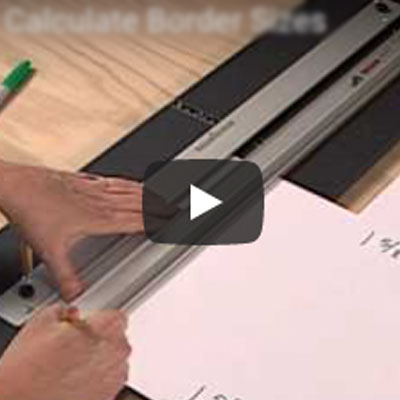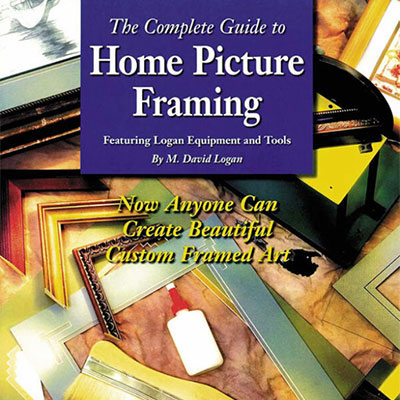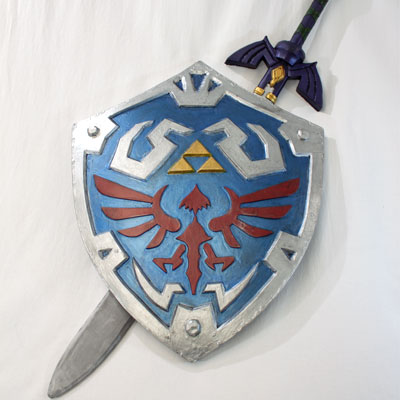MUSEUM MATTING
Typically white, black or pale neutral colors. The art is often placed in the upper area leaving a very large lower margin. Often museums use this style when mounting a collection of different size pieces using frames of uniform size. Especially suitable on small images.
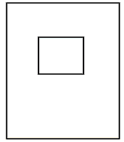
WEIGHTED BOTTOM MAT
Equal borders on the top and sides, extra width on bottom border. The amount of weight may be slight or moderate, appearing balanced when viewed. Whether rooted in the Victorian tradition of hanging pictures very high on the wall, or in response to a natural visual preference for a solid base, this style is an attractive design option for both traditional and contemporary art.
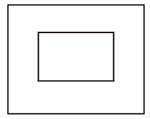
ORIENTAL STYLE MAT
A traditional oriental proportion based on the proportions of paintings done on scrolls. Used both vertically and horizontally depending on the artwork. To mimic scroll proportions, the narrow sides are one third or less than the width of the wider sides.

ROMAN/GOTHIC MAT
This arched design conveys a feeling of tradition, antiquity, and romance. Suitable on Renaissance prints, wedding, and ancestral photos. For visual balance, a bit less matting is used on the top than on the sides and bottom. The rounded arch is Roman; the pointed is Gothic.
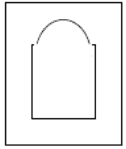
FRENCH MATTING
This traditional style, also called wash panels, is created with subtle-colored painted panels and a series of ink lines. Frequently used on 19th-century etchings and watercolors, French matting can bring an air of refinement to traditional reproductions as well. For the best visual balance, keep the decorative elements within the first third of mat width from the mat opening.
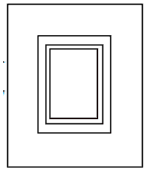
SPANDREL MAT
An oval or circle within a rectangle or square is called a spandrel. The curve of a mat opening can give elegance, dignity, and grace to a design. Because oval and circle openings invite central focus they are especially suited to art which is featured in the center such as vignettes, portraits and sketches.
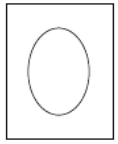
PRINT MAT
Often this design is used to accommodate the size of the artist's printmaking paper. To preserve the value of original art on paper, the paper should not be cut or altered in any way. If the painting, print, drawing, etc. is done on a large sheet of paper, matting can cover the excess "carrier sheet."
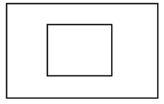
DECORATED MATS
Decorative corners, hand-cut designs, rubber stamping, dry transfer designs and ink lines can all be used to decorate mats. The decoration should be placed within the first third of the mat border next to the window opening.
